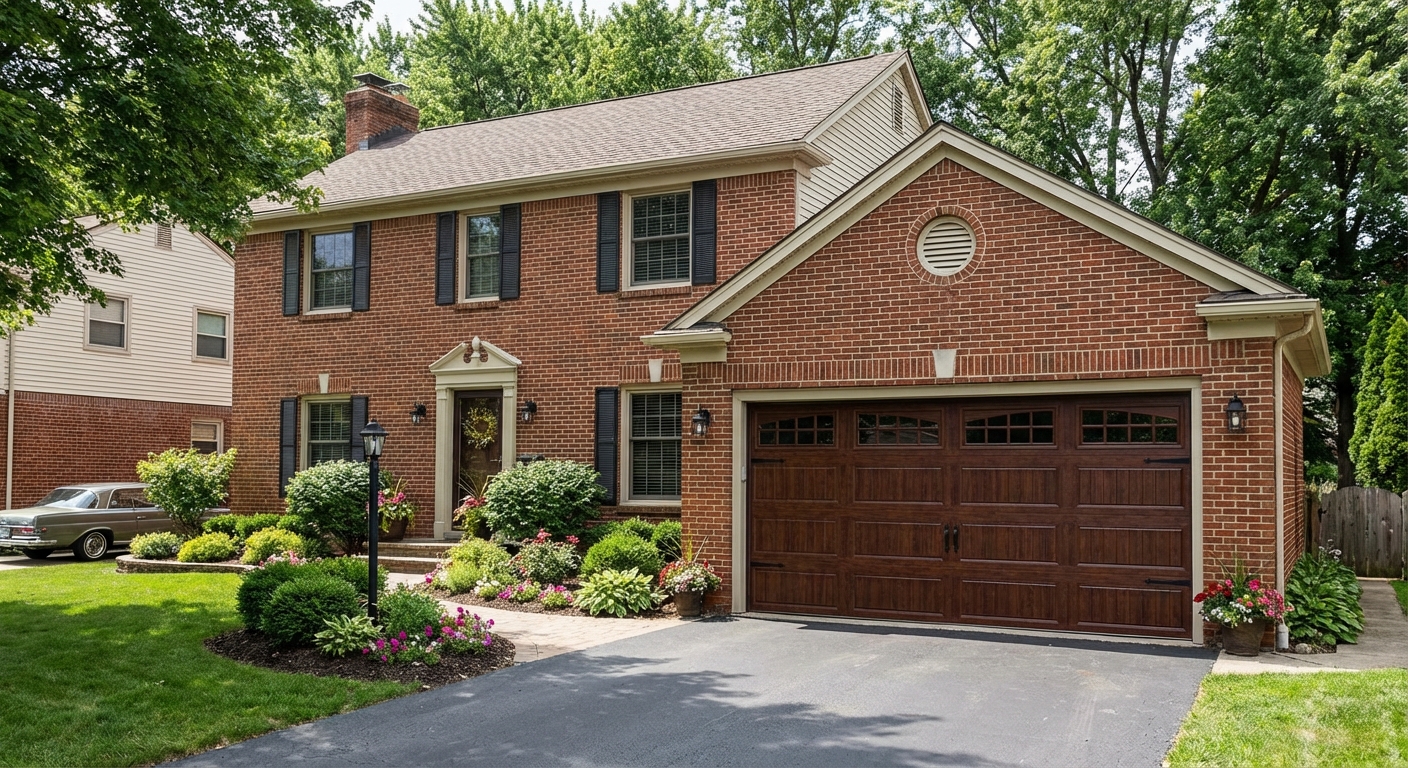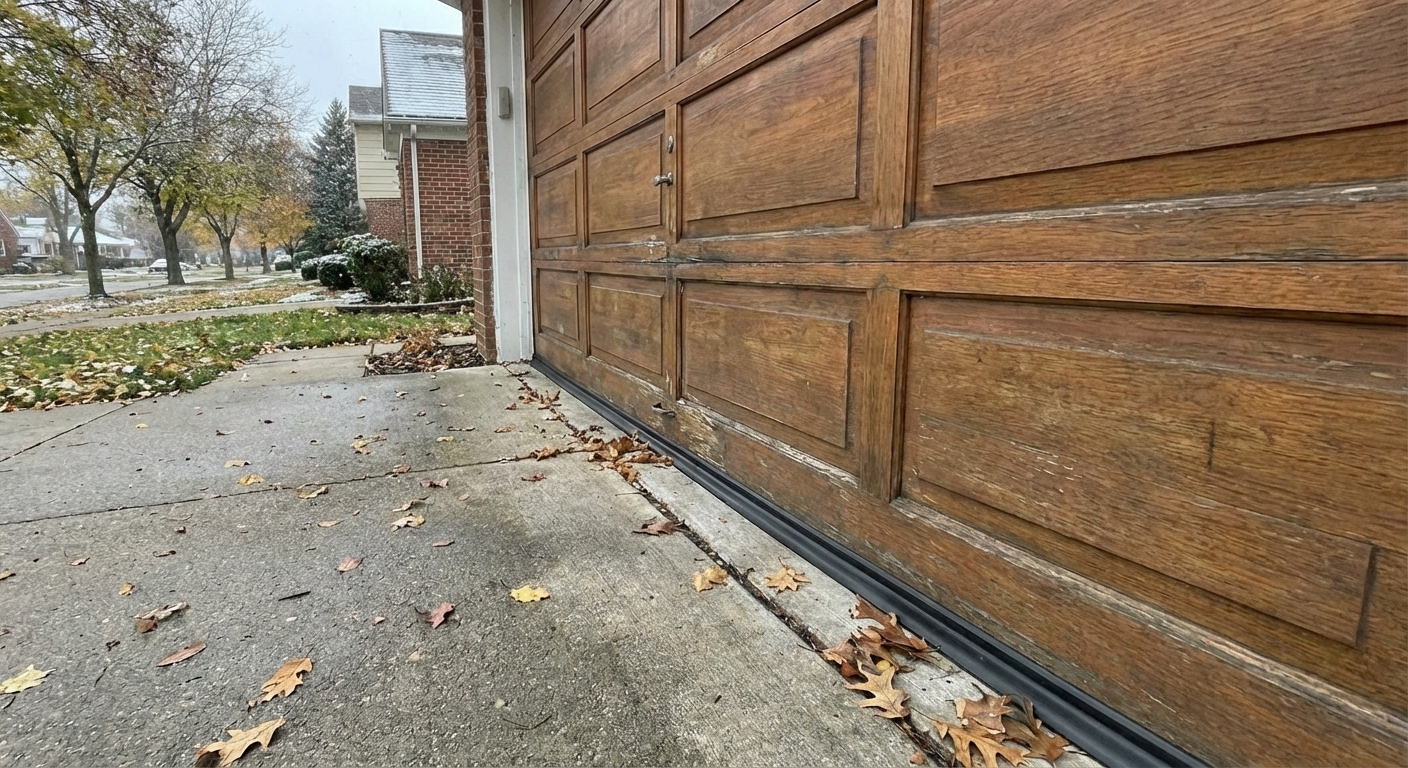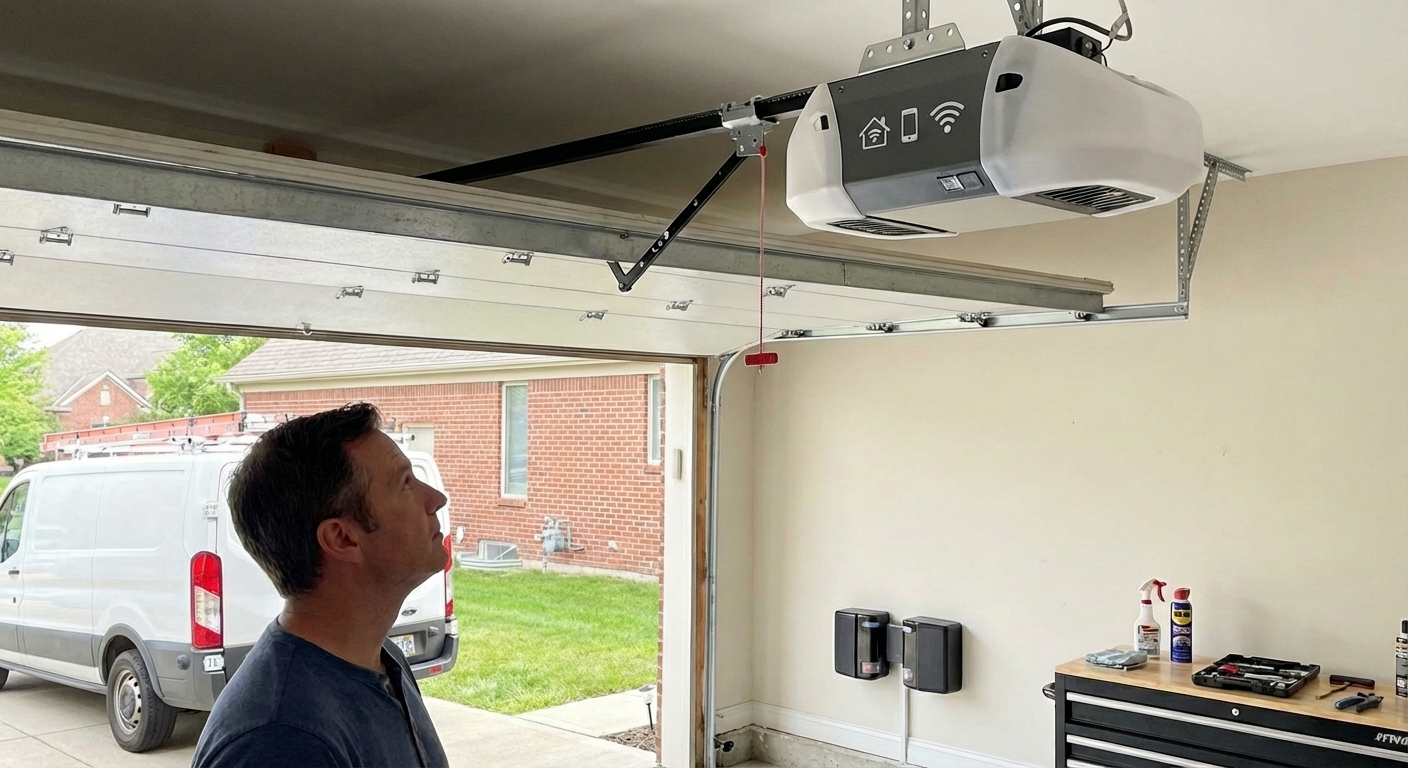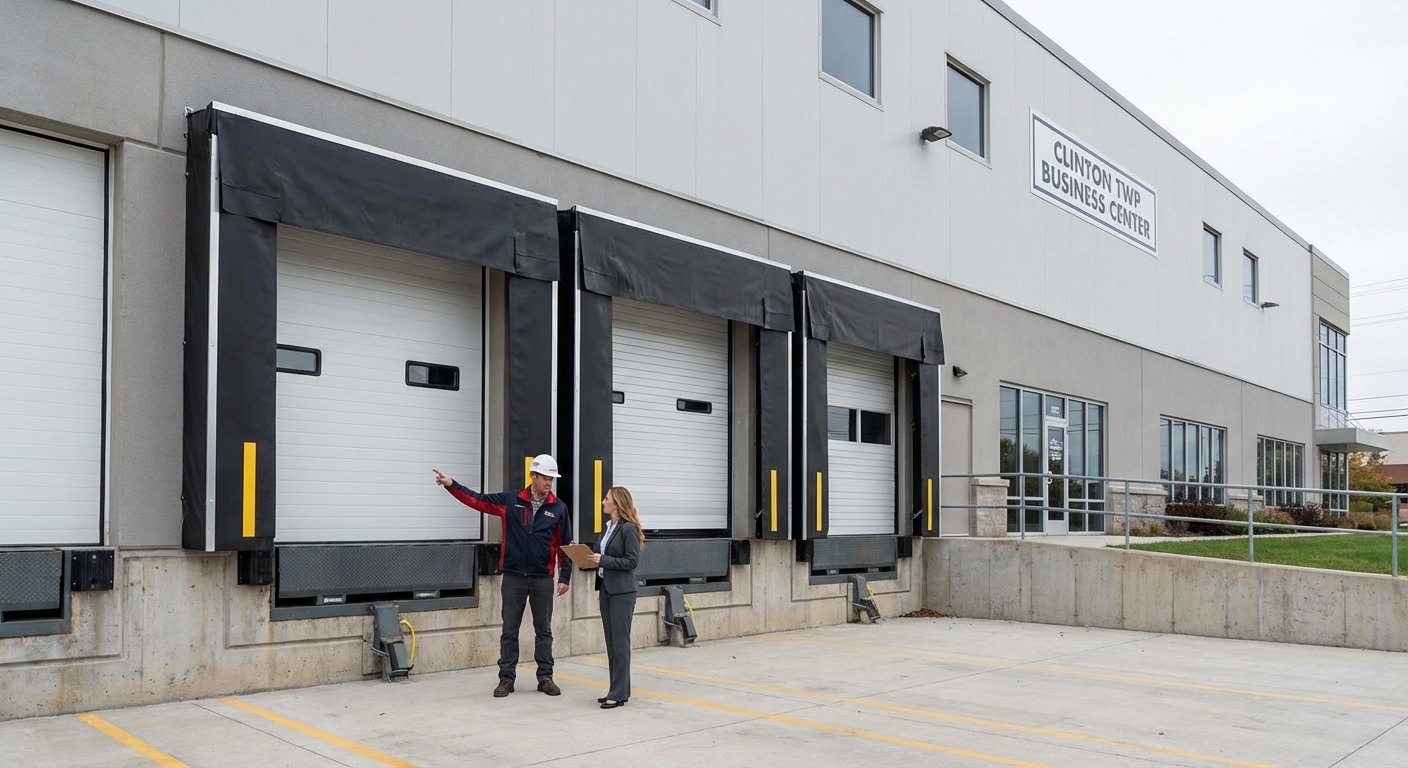By using our website, you agree to the use of cookies as described in our Cookie Policy
Do You Need a Permit to Replace a Garage Door in Michigan?
Michigan cities don’t let you swap out a garage door without checking the rules first. Permits aren’t optional. Skip the paperwork, and you’re looking at fines, stalled projects, and problems with insurance or selling your house. The process isn’t just about looks. It’s about following local requirements and keeping your property safe.

Permit Rules Change by City
Michigan doesn’t play by one rulebook. Each city sets its own standards, and the differences matter. In Detroit, you can’t swap out a garage door or add a new opener without a permit. Grand Rapids lets homeowners handle most residential jobs, but commercial properties face more red tape. Warren steps in when you change the size or type of door. Sterling Heights wants a permit for every new installation, no exceptions. Clinton Township? They look at each job on its own.
- Detroit: Permits for structural changes and new openers
- Grand Rapids: Permits for commercial replacements only
- Warren: Permits for changes in door size or type
- Sterling Heights: Permits for all new installations
- Clinton Township: Case-by-case review
Miss a step, and you’ll stall your garage door installation before it even starts. City inspectors don’t care if you’re in a hurry. They want paperwork, and they want it right. Each city interprets the Michigan building code in its own way. That means you need to check the rules before you touch a wrench.
Commercial and Residential Jobs Aren’t the Same
Commercial garage doors face a wall of regulations. Fire safety, building codes, and insurance requirements all pile on. Cities demand detailed plans and professional work for commercial garage doors. Inspectors look for heavy-duty hardware, proper clearances, and working safety systems. Miss a detail, and you’re back to square one.
Homeowners get more leeway, but not a free pass. Swapping out a door might seem simple, but add electrical work or change the frame, and you’re in permit territory. Even a basic replacement can trigger an inspection if the city thinks you’re making structural changes. The line between repair and new installation isn’t always clear. When in doubt, ask the building department before you start. They’ll tell you if your project needs a permit or just a quick sign-off.
Who Handles Permits and Inspections
Most homeowners don’t want to deal with city hall. That’s where licensed contractors step in. We know the inspectors, understand the paperwork, and keep projects moving. When you hire a pro for garage door repairs or installations, our team handles the permit process from start to finish. No guessing, no missed forms, no wasted time.
Contractors pull the permit, schedule the inspection, and make sure every box gets checked. They keep copies of the paperwork and know what inspectors want to see. That means fewer delays and no last-minute surprises. Homeowners who try to skip this step often end up with stalled projects and extra costs.
What Inspectors Look For
Inspections aren’t just a formality. Inspectors walk the site, check every detail, and sign off only when the job meets code. Here’s what they focus on:
- Safety mechanisms: auto-reverse, sensors, and emergency releases
- Electrical connections: proper wiring, grounded outlets, and safe installation
- Opening size: frame matches the door, no gaps or weak spots
- Track installation: secure mounting, correct alignment, and smooth operation
- Weather seals: tight fit, no daylight, and protection from the elements
Inspectors also check spring tension, cable routing, and sensor placement. They want proof that the door meets overhead door standards. Bring the right paperwork, and the inspection moves fast. Miss a detail, and you’re scheduling a second visit.
What Happens When You Skip the Permit
Some homeowners try to save time or money by skipping permits. That gamble rarely pays off. City inspectors can issue fines, shut down the job, or order you to remove the new door. Insurance companies may refuse claims if the work wasn’t permitted. When it’s time to sell, buyers and their agents spot unpermitted work fast. That can kill a deal or force you to pay for retroactive permits and repairs.
Home inspectors flag unpermitted residential garage door work all the time. The seller scrambles to fix the problem, and the closing gets delayed. It’s a hassle that’s easy to avoid with the right paperwork from the start.
Why Permits Protect You
Permits aren’t just red tape. They protect your investment. A permitted job means the work meets safety standards. It keeps your insurance valid and your property value intact. If something goes wrong, such as a door falls, a spring snaps, or a fire starts, inspectors and insurance adjusters look for permits first. No permit, no coverage. That’s a risk no homeowner should take.
- Permits prove the work is safe and up to code
- They keep insurance policies valid
- They prevent costly delays during home sales
- They protect against fines and forced removals
Get Professional Help Today
Anderson Door Company handles all permit requirements while delivering professional installation. Call us at 586-791-2369 or contact us to ensure your garage door project meets all Michigan regulations.
‹ Back





